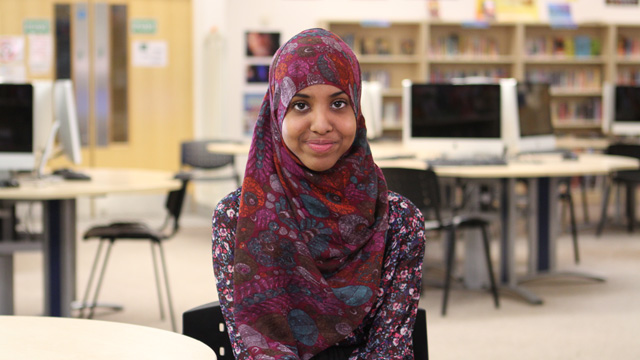Today is the International Day of Zero Tolerance on Female Genital Mutilation (FGM).
The practice is widely recognised as a violation of human rights and is illegal in many countries. Yet more than 125 million women have experienced FGM worldwide, and 3 million girls are estimated to be at risk of the procedure every year.
While the majority of girls undergoing FGM are in Africa, the Middle East and Asia, a significant number of girls in immigrant communities in Europe and America are also at risk.
The good news is there has never been a stronger movement to end FGM. NGOs, governments, campaigning groups and the media are working together to support girls at risk, uphold laws and change attitudes.
Here are 3 ways you can support the global fight to #endFGM.
1. Know the facts

FGM is sometimes called Female Circumcision, a misleading comparison to the widely practiced male circumcision. Once you know the reality of what happens to girls, you’ll never refer to it in that way.
Did you know 98% of women in Somalia have undergone FGM, while in Uganda it’s just 1%? Or that although 76% of women in Burkina Faso have undergone FGM, only 10% of men there are in favour of it?
Explore the global statistics with this interactive data or read UNICEF’s 2013 report on FGM.
2. Share stories

You can help raise awareness about FGM by sharing these stories.
Janet is 13 and from West Pokot in Kenya. She walked for 6 days to escape her family’s plans for her to have FGM, and is now living with a women’s network supported by ActionAid to campaign against FGM.
“One day I would like to go back to my community and be able to discourage other girls from having it [female genital mutilation] done and encourage them to go to school”, Janet says.
Read and share inspirational stories of girls, women and men leading change in their communities on ActionAid’s website.
3. Fight FGM in the UK

FGM has been illegal in the UK since 1985, but no-one has ever been prosecuted for it. The facts are hard to uncover, but a recent report estimates 66,000 women and girls in the UK have undergone FGM, and 24,000 girls under 15 are at risk.
Many girls are taken overseas to be cut during school holidays. There are growing calls for teachers and health professionals to be more aware of girls who may be at risk and report concerns to the police.
Organisations like Daughters of Eve provide support to girls in the UK, and are campaigning with others for the government to implement a stronger plan to tackle FGM.
Sign the petition to #endFGM in the UK.